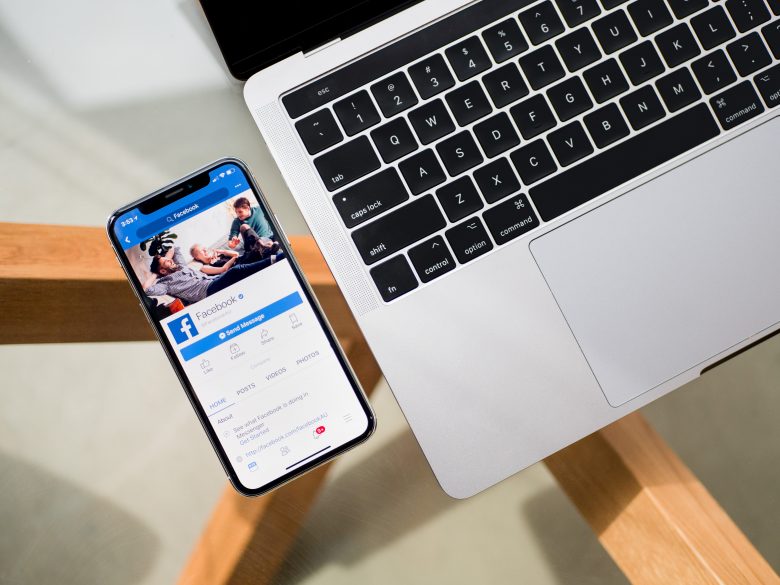The rapid and vast adoption of social media changed the way individuals interact. For a lot of people, social media platforms are often used to maintain a sense of connection. As of now, Facebook is the largest social media platform in the world, with 2.4 billion users1.
Previous research has shown that people who experience a higher emotional connection to Facebook and other social media platforms feel upset and disconnected when they are unable to access the social network site. Users can report depression, anxiety, and stress symptoms.
Given the extensive use of Facebook and potential negative psychological consequences, Lies Faelens and his colleagues from Ghent University investigated the effect of social comparison, contingent self-esteem and global self-esteem in relationship with Facebook use and psychopathology.
Social comparison is a process where individuals evaluate their own opinions and abilities by comparing themselves to others. Social comparison can take place in two directions, upward and downward comparison. Upward comparison occurs when a person compares oneself with an individual or group that he/she perceives as superior or better than oneself to improve its views of self or to create a more positive perception of its reality. Downward comparison occurs when a person looks to another individual or group that they consider to be worse off than themselves to feel better about themself.

Global self-esteem refers to the general attitude that a person has towards him- or herself. Contingent self-esteem refers to the extent to which an individual’s sense of self-worth depends on outcomes in a particular life domain. When individuals succeed in areas on which they value their self-esteem, their self-esteem may increase; however, when individuals fail in areas on which they have assessed their self-esteem, their self-esteem decreases.
The researchers proceeded with two studies. In the first one, 207 participants completed a self-report questionnaire regarding their Facebook use and mental well-being. To analyze the relationship between social comparison, contingent and global self-esteem, the authors used a network analysis model. The result showed that social comparison and contingent self-esteem hold a central position in the network, connecting social media use with self-reported depressive, anxiety, and stress symptoms.
In the second study, the authors tested whether their network structure could be replicated with a larger sample size (500 participants). The results showed the bridging role of social comparison and both contingent and global self-esteem, connecting social media use with indicators of psychopathology.
This study highlights the importance of social comparison and self-esteem with Facebook use and psychopathology.
1 https://www.statista.com/statistics/272014/global-social-networks-ranked-by-number-of-users/



